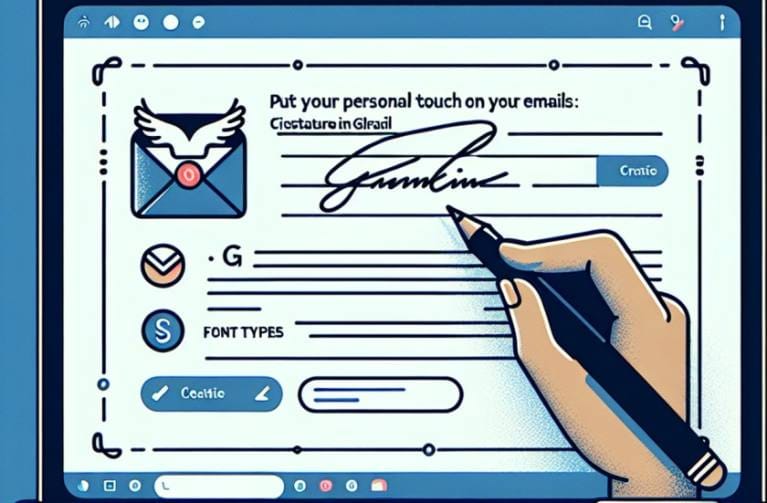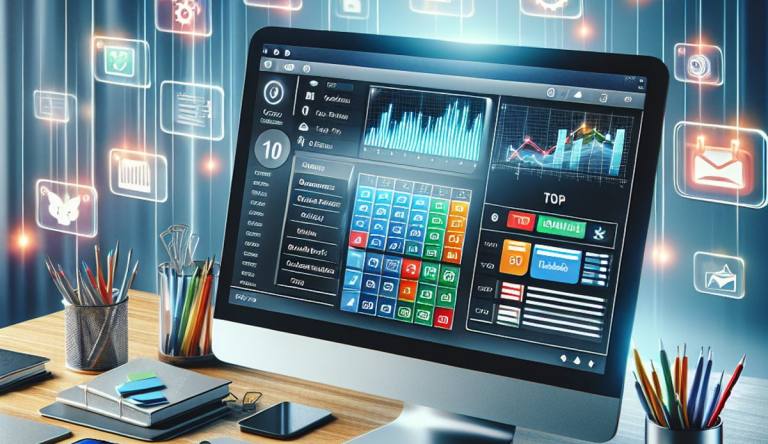Introduction
Inflation is a term we often hear in the news, but what exactly does it mean? Imagine you go to a store today and buy a chocolate bar for ₹10. Now, fast forward a year, and you find that the same chocolate bar costs ₹12. That increase in the price of goods and services over time is what we call inflation. Let’s dive into the concept and understand why it happens.
What is Inflation?
Inflation is the gradual increase in the prices of goods and services in an economy. It means that, over time, you might need more money to buy the same things you could buy with less money before.
Causes of Inflation:
Demand-Pull Inflation:
- Imagine there’s a sudden increase in the number of people who want to buy a particular item, like smartphones. If the demand for smartphones goes up but the supply remains the same, sellers might increase the prices because more people are willing to pay for them.
Cost-Push Inflation:
- This happens when the cost of producing goods and services goes up. For example, if the cost of raw materials or labor increases, businesses may raise their prices to maintain their profit margins.
Built-In Inflation:
- Sometimes, workers ask for higher wages, and if businesses agree, they might increase the prices of their products or services to cover the increased labor costs. This, in turn, can create a cycle where everyone wants higher wages, leading to a general rise in prices.
Related post:- Master Your Day: A Guide to Task Management in Your Daily To-Do List
Effects of Inflation:
Decreased Purchasing Power:
- As prices go up, the purchasing power of money goes down. This means that with the same amount of money, you can buy fewer things than you could before.
Uncertainty:
- Inflation can create uncertainty in the economy. If prices are rising rapidly, people might be unsure about how much things will cost in the future, making it challenging to plan for expenses.
Interest Rates:
- Central banks often use interest rates to control inflation. If inflation is too high, they might raise interest rates to make borrowing more expensive, which can help cool down spending and reduce inflation.
Related post:- The Game-Changer: How AI Benefits Businesses-Artificial Intelligence for Businesses
Controlling Inflation:
Governments and central banks use various tools to control inflation:
Monetary Policy:
- Central banks control the money supply and interest rates to influence inflation. By adjusting interest rates, they can encourage or discourage spending.
Fiscal Policy:
- Governments can use fiscal policies, like adjusting taxes and government spending, to manage inflation. For example, reducing government spending can help decrease demand and control inflation.
Conclusion:
Inflation is a natural part of economic systems, but too much of it can create challenges for individuals and businesses. Understanding its causes and effects is essential for governments and central banks to manage it effectively and maintain a stable economy. For everyday people, being aware of inflation can help in making informed financial decisions and planning for the future.
Related post:- Discover the Power of 5G Technology: Unveiling Its Advantages and Disadvantages





